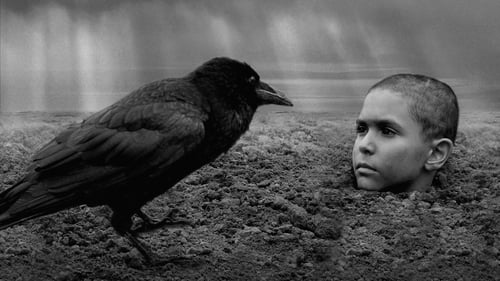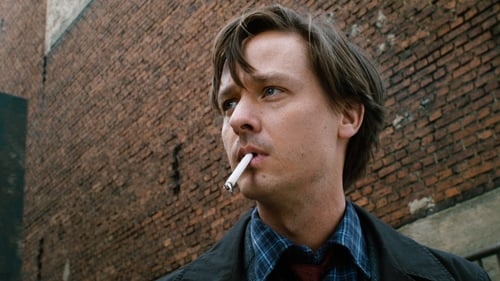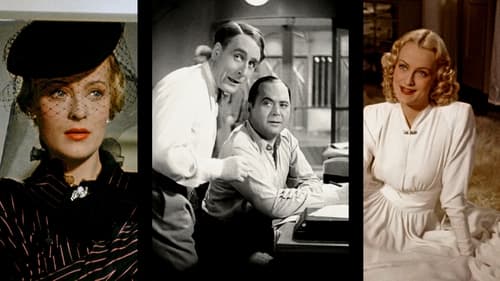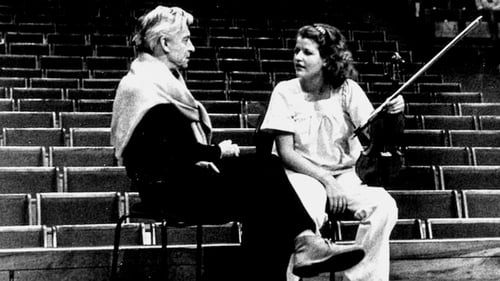Love, Deutschmarks and Death (2022)
A Music Film in German and Turkish
Género : Documental
Tiempo de ejecución : 1H 38M
Director : Cem Kaya
Sinopsis
Cem Kaya’s dense documentary essay celebrates 60 years of Turkish music in Germany. An alternative post-war history that is at the same time a musical Who’s Who – from Yüksel Özkasap to Derdiyoklar and Muhabbet.

Un joven judío en Polonia busca refugio en el bosque durante la Segunda Guerra Mundial, donde se encuentra con muchos personajes diferentes.

Jakob Fabian es un joven escritor enamorado de una aspirante a actriz que, en el turbulento Berlín de 1931, intenta mantener a flote su idealismo mientras el mundo se desmorona a su alrededor.

A través de un extenso material de archivo y entrevistas con aquellos que la conocen, esta es la impresionante historia de cómo una inadaptada por partida tripe -mujer, científica y alemana del Este- se convirtió en la líder del mundo libre.

In 1477 Charles the Bold dies, his only child is a girl which cannot rule without a husband. Meanwhile in Austria, Emperor Frederick III and his antagonist Louis XI France battle over said marriage prospects, battles ensue, tragedy falls.

El periodista y crítico de cine Rüdiger Suchsland examina el cine alemán desde 1933, año de la llegada de los nazis al poder, hasta 1945, año de la caída del Tercer Reich. (Secuela de «De Caligari a Hitler», 2015.)

The rut of Dalmatian hinterland changes with the arrival of returning guest workers, and things they bring along: cars, radios and new way of life.

An account of the life and work of controversial German orchestra conductor Herbert von Karajan (1908-89), celebrated as one of the greatest musicians of the twentieth century.

En 1981, una película sobre las desventuras de la tripulación de un submarino alemán en 1941 se convierte en un éxito mundial casi cuatro décadas después del final de la Segunda Guerra Mundial. Millones de espectadores en todo el mundo hacen de «El submarino» la película alemana de mayor éxito internacional de todos los tiempos. Con todo, y debido a disputas sobre el guion, accidentes en el plató y voces que acusaban a los realizadores de glorificar la guerra, el proyecto estuvo a punto de ser cancelado en numerosas ocasiones.

On February 26, 1920, Robert Wiene's world-famous film The Cabinet of Dr. Caligari premiered at the Marmorhaus in Berlin. To this day, it is considered a manifesto of German expressionism; a legend of cinema and a key work to understand the nature of the Weimar Republic and the constant political turmoil in which a divided society lived after the end of the First World War.

On June 17, 1953, there was an outrageous action between the Elbe and the Oder: the people in the GDR refused obedience to their political leadership. The story takes place in Bitterfeld and tells the story of a family involved in the political events around 17 June.

After numerous military operations, Major Müller can't find a way back into civilian life. Following his urge to communicate, the Major is looking for listeners and encouragement. He doesn't find either. Instead, the repeated monological memory of his own heroic deeds determines his present – with all the consequences. This 30-minute short film is based on the statements made by the mercenary Siegfried Müller in the documentary “The Laughing Man” (Walter Heynowski and Gerhard Scheumann, DEFA studio for newsreels and documentaries, 1966), as well as records from the German colonial period in Africa. An intensive contribution to the necessary public debate about the consequences of military operations.

It was arguably the deadliest conference in human history. The topic: plans to murder 11 million Jews in Europe. The participants were not psychopaths, but educated men from the SS, police, administration and ministries. The invitation to the meeting at Wannsee came from Reinhard Heydrich, head of the Reich Security Main Office. The Wehrmacht's campaigns of conquest in Eastern Europe marked the beginning of the systematic murder of Jews in Poland and the Soviet Union. In mid-September 1941, Hitler made the decision to deport all Jews from Germany to the East. Although there had been transports before, Hitler's order represented a further escalation in the murderous decision-making process. Persecution and discrimination had been part of everyday life since 1933. But as a result, the living conditions for the Jews in the Third Reich became even more difficult, among them the Berlin Jew Margot Friedländer, born in 1921, and the Chotzen family.

The story of two workers who returned from abroad. One of them wants to find a good job, Adam, and the other one wants to earn money by smuggling, Beli. Between them two there's young woman, Mila, who has had experience with the second one. Running away from the man who is the incarnation of evil for her, she is trying to find happiness and peace with another one in vain.

Follows the life of a Turkish woman living and working in Germany.

Cem Kaya’s dense documentary essay celebrates 60 years of Turkish music in Germany. An alternative post-war history that is at the same time a musical Who’s Who – from Yüksel Özkasap to Derdiyoklar and Muhabbet.

This drama explores the grim lives of Turkish “guest workers” living in Germany.

Tenants of one old building in the centre of Münich are featured in this film: most of them are foreigners who work in Germany as "guest workers" (Yugoslavs, Italians, Turks, Greeks etc.). In their mother tongue, each of them tells who he or she is, and briefly talks about their major worries, new hopes and plans for the future.

A Croatian guest worker who worked in Germany for many years, builds a house and a workshop for his 20 year old son back in their country of origin. However the son plans to marry his German girlfriend, and doesn't even think of returning to their land.

At Hotel Astoria, the former hotspot of Leipzig, guests were served champagne and turtle soup while the Stasi listened in. Animated memories from times gone by.















